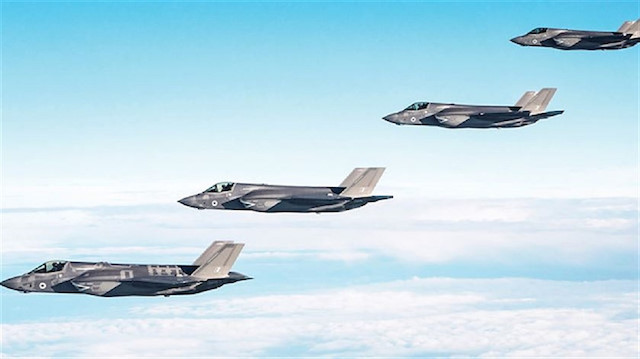
German Radar vendor Hensoldt claims to have tracked two F-35 fighter jets for 100 miles (150 kilometers) following the 2018 Berlin Air Show in Germany in late April of that year, according to a C4ISRNet report.
The company’s new “passive radar” system, named TwInvis, is part of an emerging generation of sensors and processors “so sensitive and powerful that it promises to find previously undetectable activities in a given airspace.”
“The technology can be effective against stealthy aircraft designs, which are meant to break and absorb signals from traditional radar emitters so that nothing reflects back to ground-station sensors, effectively leaving defensive-radar operators in the dark. Because there are no emitters, passive radar is covert, meaning pilots entering a monitored area are unaware they are being tracked,” the original report claims.
A spokeswoman for the F-35 Joint Program Office said she was unable to comment on the C4ISRNet story on Hensoldt’s claim of having tracked the aircraft in Berlin or about the plane’s general vulnerability to a passive radar.
Spearheaded by defense giant Lockheed Martin, Turkey joined the U.S. F-35 Joint Strike Fighter Program in 2002, along with the U.K., Italy, Australia, the Netherlands, Norway, Denmark and Canada, and to date has invested more than $1.25 billion in the project, however it was ousted from the program after it started taking delivery of the S-400 air defense system it purchased from Russia.
The F-35 Joint Strike Fighter is a family of single-seat, single-engine, fifth-generation multi-role fighters set to perform ground attack, reconnaissance and air defense missions with stealth capability.














